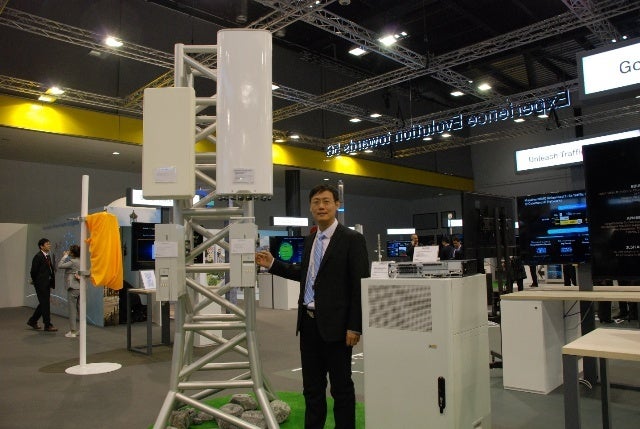U.S. gives Huawei the green light to buy chips, but not to build the devices you're thinking of

Last year, exactly one year to the day when the U.S. placed Huawei on the entity list, the U.S. Commerce Department made a huge change to its export rules. Foundries that make semiconductors using U.S. technology would no longer be allowed to ship chips to Huawei without obtaining a license. And that even included the 5G supporting Huawei-designed Kirin 9000. Eventually, Huawei ran out of chips to use and current chairman Guo Ping said that Huawei's biggest problem is sourcing cutting-edge chips.
According to Reuters, the U.S. has given suppliers the green light to sell microchips to Huawei helping to fuel the latter's vehicle parts business. So while it might appear as though the Biden administration is reversing the harsh supply chain ban first put into play by the Trump administration, the green light doesn't cover chips made for smartphones or 5G networks.
Huawei is the largest networking company in the world and while it has been hurt by the U.S. chip ban, the American government has allowed suppliers to sell chips to Huawei that are used for parts that go in cars including screens and sensors. The U.S. is allowing Huawei to obtain these chips because they are not considered cutting edge. Still, Huawei remains blocked from obtaining the chips that it needs to produce 5G-enabled smartphones.

Huawei is the world's top supplier of mobile networking gear
The U.S. has also pressured its allies not to purchase Huawei's 5G networking gear by telling them that Huawei might have placed backdoors into the equipment for spying purposes. Huawei is the world's largest seller of networking equipment but the U.S. is concerned by the company's alleged ties to the communist Chinese government.
It's all about security as Huawei has been named a national security threat and a U.S. Department of Commerce spokesman says that America's licensing policies continue to "restrict Huawei's access to commodities, software, or technology for activities that could harm U.S. national security and foreign policy interests."
While Huawei can now purchase chips from U.S. suppliers for its vehicle parts business, the next step needed for the company's revival would be for Commerce Department to allow the manufacturer to buy the chips it needs to build its handsets. It might not be enough to bring Huawei back to its position as one of the world's top three phone manufacturers but it is a start.
Follow us on Google News













Things that are NOT allowed:
To help keep our community safe and free from spam, we apply temporary limits to newly created accounts: